demystifying alternative investments: essential insights for south african IFAs
18 September 2025In an evolving investment landscape, Independent Financial Advisers (IFAs) play a pivotal role in guiding clients toward strategies that preserve and compound wealth over the long term. At Westbrooke Alternative Asset Management, we recognise that alternative investments, once reserved for institutions and ultra-high-net-worth individuals, are now integral to building resilient, diversified portfolios. This guide equips IFAs with foundational knowledge and practical considerations to confidently integrate alternatives, drawing on our expertise in private markets to deliver sustainable value.
What are alternative investments?
Alternative investments encompass asset classes beyond traditional equities, bonds, and cash equivalents, and are typically unlisted. These include private equity, private debt, hybrid capital, real estate, infrastructure, and select hedge strategies. Distinguished by their unique risk-return dynamics and lower correlation to public markets, alternatives offer access to opportunities that can enhance portfolio resilience and long-term growth.
Key alternative asset classes
The alternative investment spectrum is expansive, with key categories including:
- Private equity: direct investments in private enterprises, spanning venture capital, growth equity, and buyouts to fuel innovation and expansion.
- Private debt: non-bank financing solutions for businesses, such as direct lending, mezzanine financing, and distressed opportunities, providing stable income streams.
- Hybrid capital: flexible instruments blending debt and equity features to support companies through tailored capital structures.
- Real estate: investments in commercial, residential, industrial, and renewable energy properties, offering tangible assets with inflation-hedging potential.
- Infrastructure: essential assets in sectors like energy, transport, and utilities, delivering predictable returns through long-term operational stability.
Global and regional manager landscape
The sector features prominent global firms such as Blackstone, Brookfield, KKR, Carlyle, and Apollo, renowned for their rigorous due diligence, risk management, and consistent performance. Alongside these mega-managers, specialist firms like Westbrooke focus on the mid-market segment, where there is potential to generate differentiated returns. Our approach is centered on providing South African clients with access to a broad range of global alternative investment opportunities, leveraging our operational experience and commitment to alignment with client objectives.
Rethinking the traditional 60/40 portfolio
The longstanding 60/40 allocation (60% equities, 40% bonds) has served as a foundation for wealth management, yet persistent low yields, heightened volatility, and shifting client priorities underscore its constraints. By incorporating alternatives, IFAs can introduce new return drivers, mitigate volatility, and fortify portfolios against economic uncertainties. This is particularly relevant in environments where inflation exceeds 2.5% per annum, as the historical low correlation between stocks and bonds tend to break down, reducing the effectiveness of traditional diversification. Alternatives can play a key role in re-establishing diversification and supporting long-term capital preservation.
To quantify this, consider historical performance data from KKR, which compares a traditional 60/40 portfolio to a diversified 40/30/30 allocation including private credit:

Data as at December 31, 2023. Source: KKR Global Balance Sheet Risk (GBR) analysis, using annual total returns from 1928 to 2023 for U.S. Bonds and from 1987 to 2023 for Private Credit.
This table demonstrates how adding private credit can enhance risk-adjusted returns, reducing volatility by approximately 24% while slightly boosting overall returns – empowering IFAs to build more resilient portfolios.
The benefits of alternatives
When engaging clients, highlight these advantages:
- Diversification: low correlation with public markets smooths overall returns, reducing exposure to market downturns.
- Higher returns: private market access unlocks value through niche strategies unavailable in listed assets.
- Inflation hedging: real assets like real estate and infrastructure serve as natural safeguards against rising costs.
- Exposure to innovation: opportunities in private equity and hybrid capital provide access to emerging technologies and growth trends.
- Tax-efficient: Alternatives can provide tax advantages, helping investors enhance after-tax returns through jurisdiction-specific structures.
Navigating challenges and risks
While powerful, alternatives present considerations that IFAs must navigate:
- Illiquidity: extended commitment periods require aligning investments with client liquidity profiles; opt for structures that balance accessibility and returns.
- Complexity: greater intricacy demands transparent education; leverage manager expertise for clear, ongoing communication.
- Fee structures: higher management and performance fees reflect specialised value; emphasise net return impacts and long-term alignment.
Regulatory considerations: FAIS compliance in South Africa
Marketing and distribution of alternative investment products in South Africa are governed by strict regulatory requirements. For a product to be offered to South African investors, it must be approved for distribution under local regulations (this generally requires SGS approval or a CIPC approved prospectus). Both the provider and IFA must also ensure compliance with the Financial Advisory and Intermediary Services (FAIS) Act. This includes ensuring that only appropriately licensed advisers market these products, and that all disclosures and suitability assessments meet the standards set by the Financial Sector Conduct Authority (FSCA). IFAs should always verify that any alternative investment solution is legally approved for distribution and that they hold the correct license category before advising clients.
Evolving access: structures and platforms
Access to alternative investments has traditionally been limited by structural complexity, lack of liquidity and infrequent pricing, making it difficult for IFAs and wealth managers to integrate these opportunities into client portfolios. However, the landscape is evolving. Innovative structures, such as co-investment platforms, funds with unique identifiers and Actively Managed Certificates (AMCs), are simplifying access and improving flexibility. At Westbrooke, we’re contributing to this shift by designing solutions with IFAs in mind offering products that are easier to access, integrate, and explain to clients. While our approach is still evolving, our goal remains clear, to broaden accessibility and unlock global participation in private market investing.
Understanding fee structures
Alternative investments typically involve both a management fee (typically 1–2% per annum) and a performance fee (often 10% – 20% above a set hurdle). These fees are higher than traditional investments due to the specialist expertise, active management, and rigorous due diligence and management involved in private market assets. IFAs should explain how these costs are justified by the potential for higher returns, access to unique opportunities, and robust risk management, ensuring clients understand the value received.
Manager selection and due diligence
Selecting a partner demands thorough evaluation. Key inquiries include:
- What is the manager’s demonstrable track record and experience?
- How robust is their risk management, governance, and operational processes?
- Is there financial alignment, with the manager co-investing alongside clients?
- What level of transparency exists in reporting, communication, and performance metrics?
- Does the manager have on-the-ground teams / investment professionals in the jurisdiction that they operate in?
Getting started with alternatives
For IFAs embarking on this path, begin with self-education via credible resources, industry forums, and engagements, and discussions with experienced managers. Start modestly with targeted allocations (typically 5% – 20% of client AUM), monitor outcomes rigorously, and scale as confidence grows.
Alternative investments represent a cornerstone for future-proofing client wealth. By partnering with premium managers committed to preserving and compounding prosperity, IFAs can deliver a differentiated value proposition, solidifying their role as trusted stewards in an increasingly complex financial world.
To deepen your expertise or explore tailored strategies for your clients, you are welcome to connect with Westbrooke for further insights and collaborative opportunities.


